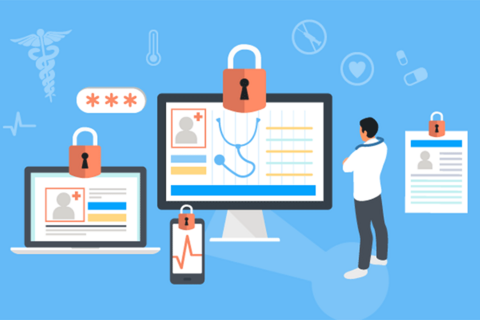
Over the past couple of years, the UbiLab has been exploring how Active Assisted Living (AAL) technologies share sensor-generated data, building recommendations for future policies, guidelines, and standards to support the development of new AAL technology by innovators, as well as deployments of AAL technology. One of the biggest gaps is related to the privacy and security of shared data, especially potential health data collected using new technologies such as the Internet of Things (IoT) and mobile applications. This project aims to understand the main concerns related to data privacy, trust and transparency in the current AAL data collection ecosystem and how willing individuals are to share their data for research with the purpose of improving their own health and population health.
This study will review the existing literature to understand the main concerns related to data sharing and what leads an individual to trust or not trust the organization in the process of sharing their personal health data. Along with the literature review, three surveys/online studies will be used to understand user concerns and fears when sharing their data through IoT devices or mobile apps. We are also interested in exploring whether there are any distinctions in the perception of privacy and trust when data is shared for different purposes, such as populational health improvement, to personalize their experience on the internet, software or service with big companies, and the government purposes. Questionnaires will be distributed via the Internet using Mechanical Turk or Google Opinion Rewards tool.
The expected results are to identify the key points to be improved in the process of data sharing and the associated privacy agreement regarding user privacy and trust in the institution. We are interested in exploring how this process impacts and the use of healthcare IoT technologies and mobile health apps, helping guide future health-related research.
Last updated: March 11, 2020